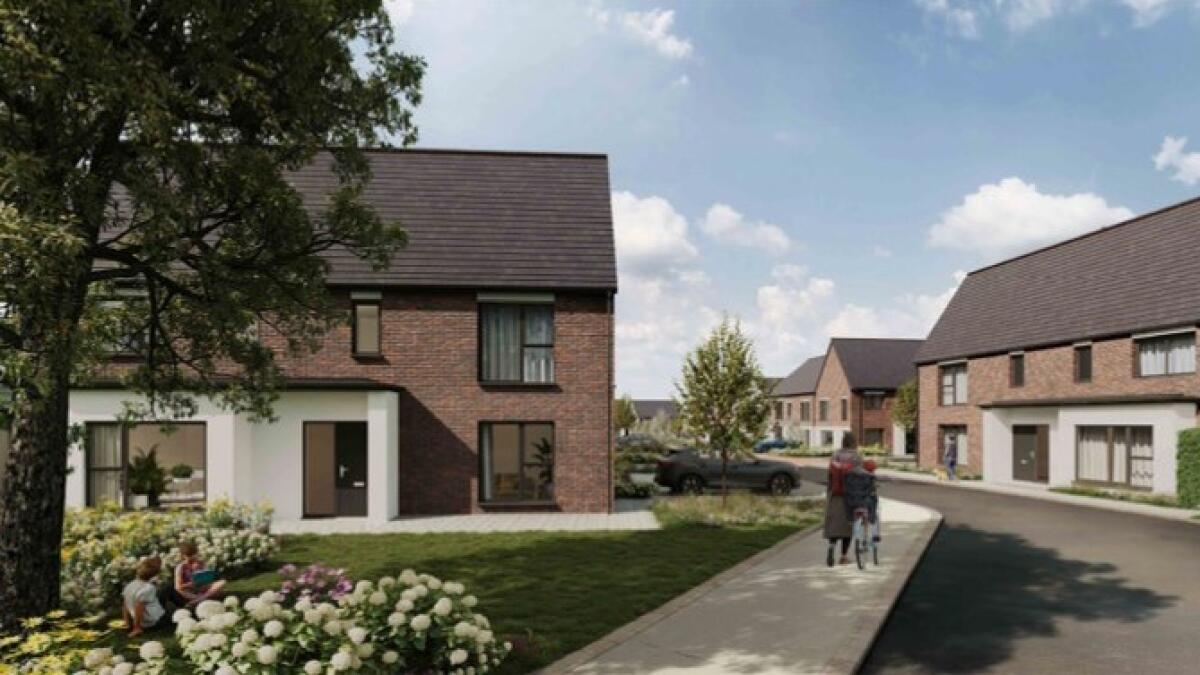Accommodation

Public rental housing priority scheme
Assistance for stay home elderly
Residential care service voucher scheme
Centralized waitlist for long-term care
Building maintenance subsidy scheme
Elderly home
Looking for elderly home?
People may choose to go to an for a variety of reasons. Some of the most common reasons include
- Need for ongoing medical care: elderly individuals with chronic health conditions or disabilities may require specialized medical attention that is not available in their own homes. Elderly homes can provide access to skilled nursing care, rehabilitation services, and medical monitoring to help manage their health needs.
- Many elderly individuals struggle with activities such as bathing, dressing, and toileting, which can make it difficult to live independently. Elderly homes offer assistance with these and other daily tasks, ensuring that residents can maintain their independence as much as possible.
- Elderly individuals who live alone may experience loneliness and social isolation, which can have negative effects on their mental and physical health. In an elderly home, residents have opportunities to interact with other people and participate in social activities, which can help combat feelings of loneliness and improve their quality of life.
- For some seniors, safety may be a concern in their own homes due to mobility issues or other factors. Elderly homes are designed to provide a safe and secure living environment, with features such as grab bars and emergency call systems to ensure that residents can get help quickly if needed.
If you are looking for one, please refer to the list of residential care homes compiled by the Social Welfare Department.
Public rental housing priority scheme
Prefer to have a place on your own?
In order to cater for the living for the elderly population and make priority for them to secure a place to live, the government has launched the following priority housing schemes.
Single Elderly Persons Priority Scheme
Elderly Persons Priority Scheme
Harmonious Families Priority Scheme
Under these schemes, applicants must fulfill the general eligibility criteria of the application for public rental housing (PRH). Applications will generally be processed earlier than applications by ordinary families. For income and assets limit for PRH eligibility, click here.
For further information on PRH, click here.
Single Elderly Persons Priority Scheme
The applicnat must be 58 years of age or above, and must have reached the age of 60 by the time of flat allocation.
Elderly Persons Priority Scheme
Two or more elderly persons aged 58 or above (including non-related persons) who agree to live together in the same Public Rental Housing (PRH) unit are eligible to apply.
Harmonious Families Priority Scheme
This scheme is launched to encourage younger families to take care of older parents or relatives and promote family harmony. This scheme provides priority allocation opportunities for public housing applicants with elderly families. Eligible families can choose to live in one flat or live in two nearby flats, depending on the choice of district and the number of flats suitable for the family.
Assistance for stay home elderly individuals
For elderly individuals who wish to remain in their own homes or whose preferred elderly home is not yet available, there are a variety of options that can help alleviate the burden of those who take care of them and upkeep the life satisfaction of the elderly people.
(a) Go to day care centre
Social Welfare department provides a comprehensive list of government subsidy or non-subvented day care service centers of different districts. Several centres also provide bus shuttle service for transport to centres.
(b) Enhaned home and community care services
Elderly indiviuals could employ helper to provide assistance with daily tasks and household chores. It could provide a valuable source of assistance and support for those who need ongoing care, allowing them to maintain their independence and stay in their own homes for as long as possible.
For those frail persons aged 60 or above and who are assessed and recommended for Community Care Services or Residential Care Services under the Standardised Care Need Assessment Mechanism for Elderly Services, Social welfare department has launched the "enhanced home and community care services" aiming to maximize the level of functioning of the elderly individuals and provide support in order to strengthen family cohesion.
For further information and application, please refer
here. (C) Residential respite
service In some cases, those who take care of the elderly
people might need to take a break due to various reasons. Residential respite service is a type of short-term care for elderly individuals who
require some level of personal assistance and reside in the community. The primary aim of these services is to offer temporary relief to family members or
caregivers who are responsible for their care. The services are typically provided in a residential
setting, such as a nursing home or assisted living facility, and can range from a few days to
several weeks. The main objective of residential respite services is to
provide high-quality care and support to seniors while also giving their caregivers a much-needed break. For further information, please refer
here.
Referrals for admission to residential respite service
should be made by a social worker. Elderly persons or their families may approach
casework service units who will assess the elder's needs and make referrals to the residential care homes for
the elderly indvidiuals or nursing homes concerned if considered suitable.
Examples of casework service
units-
Integrated Family
Service Centres, Medical Social Services Units,
District Elderly Community Centres, Neighbourhood Elderly Centres, Social Centres for the Elderly, Day Care
Centres/Units for the Elderly, Enhanced
Home and Community Care Services Teams, Integrated Home Care Services Teams and Home Help
Team.
Application Procedure
Residential Care Service Voucher Scheme
In order to support elderly individuals who prefer to stay in their homes, and to tackle the high demand of elderly homes, the government has launched the Residential Care Service Voucher Scheme. Under this scheme, it enables elderly persons to choose community care services or at the comfort of their homes that suit their individual needs to support their ageing in place. Elderly individuals could use vouchers to use services in another centre later on, as such this scheme is called the "money-following-the-user scheme".
All elderly persons who have been assessed and recommended for Residential Care Services under Social Welfare Department's Standardized Care Need Assessment Mechanism for Elderly Services and are waitlisted for Care Attention Homes for Elderly.
For further information and application, please refer here.
Centralized waiting list for
subsidized long-term care service Applying for different types of elderly care services
can often involve a significant amount of paperwork, which can be daunting for seniors and their caregivers. However, there is an
option for those who do not have a particular preference for the type of care they receive. By applying for the centralized waiting
list for subsidized long-term care services, seniors can potentially receive the care they need earlier and alleviate the burden
on their caregivers. This centralized waiting list system helps to streamline the application process for seniors seeking long-term
care services, making it easier for them to access the care they need in a timely manner. For further information and application, please refer
here.
Building Maintenance Subsidy Scheme for Needy Owners Building maintenance amount could be very heavy,
especially for elderly people living with low income. The scheme provides financial assistance to needy
owner-occupiers to subsidize the maintenance costs of their own buildings and improve the condition of buildings in disrepair and
enhance the safety of their residences. Each subsidy application is capped at HK$80,000. Each
eligible applicant and his or her legal spouse (if married) can be granted an allowance of up to HK$80,000 in total. For application methods or more information, please
visit here.
